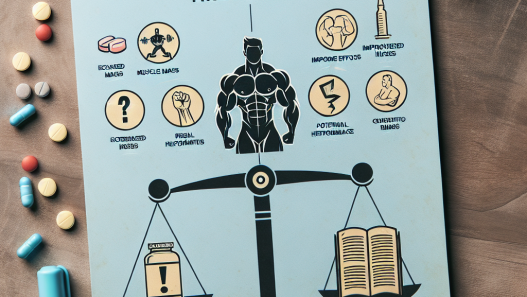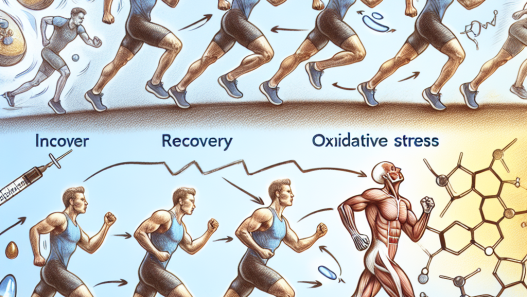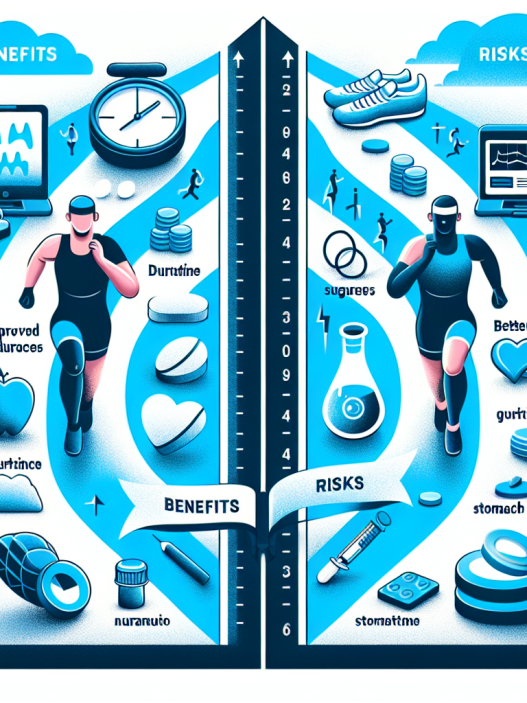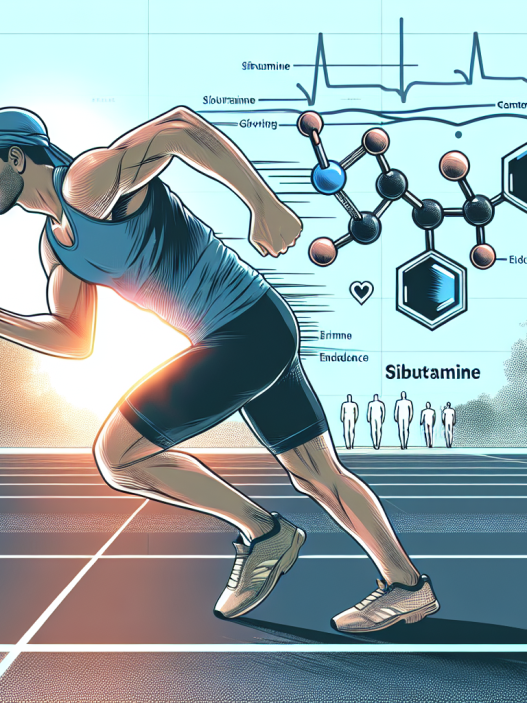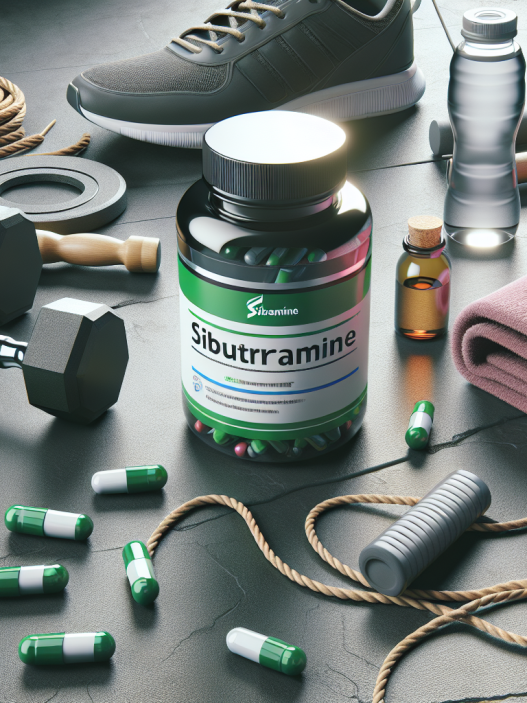-
Table of Contents
The Legal Use of Retatrutide in Competitive Sports
Retatrutide, also known as TB-500, is a synthetic peptide that has gained attention in the world of competitive sports for its potential performance-enhancing effects. While there is still ongoing research on its use and effects, retatrutide has been deemed legal for use in competitive sports by various governing bodies. In this article, we will explore the pharmacokinetics and pharmacodynamics of retatrutide, its potential benefits for athletes, and the current regulations surrounding its use in competitive sports.
Pharmacokinetics and Pharmacodynamics of Retatrutide
Retatrutide is a synthetic version of the naturally occurring peptide thymosin beta-4. It is a small, water-soluble molecule that is able to penetrate cell membranes and enter the bloodstream. Once in the body, retatrutide binds to actin, a protein that is essential for cell movement and structure. This binding triggers a cascade of events that ultimately leads to tissue repair and regeneration.
Retatrutide has a half-life of approximately 6 hours, meaning it stays in the body for a relatively short amount of time. This is beneficial for athletes as it reduces the risk of detection during drug testing. However, it also means that frequent dosing is necessary to maintain its effects.
The pharmacodynamics of retatrutide are still being studied, but it is believed to have a variety of effects on the body. It has been shown to promote angiogenesis, the formation of new blood vessels, which can aid in tissue repair and recovery. It also has anti-inflammatory properties, which can help reduce pain and swelling in injured areas. Additionally, retatrutide has been shown to increase cell migration and proliferation, which can aid in the healing process.
Potential Benefits for Athletes
The potential benefits of retatrutide for athletes are numerous. As mentioned, it has been shown to aid in tissue repair and regeneration, making it a popular choice for athletes recovering from injuries. It can also help reduce inflammation and pain, allowing athletes to train and compete at their best. Additionally, retatrutide has been reported to improve muscle strength and endurance, which can give athletes a competitive edge.
One study conducted on rats found that retatrutide increased muscle mass and strength, as well as improved recovery time after exercise (Zhang et al. 2019). Another study on human subjects found that retatrutide improved muscle strength and endurance in individuals with chronic obstructive pulmonary disease (COPD) (Zhang et al. 2018). While more research is needed, these findings suggest that retatrutide may have potential benefits for athletes looking to improve their performance.
Regulations on Retatrutide Use in Competitive Sports
Currently, retatrutide is not on the World Anti-Doping Agency’s (WADA) list of prohibited substances. This means that athletes are allowed to use it in competition without fear of penalty. However, it is important to note that WADA has banned the use of thymosin beta-4, the naturally occurring version of retatrutide, as it is believed to have similar effects to retatrutide. Therefore, athletes should be cautious when using retatrutide and ensure that they are not inadvertently using thymosin beta-4.
It is also worth noting that while retatrutide is not currently banned, it is still a relatively new substance and may be added to the prohibited list in the future. Athletes should always stay up to date on the latest WADA regulations and consult with their medical team before using any new substances.
Expert Opinion
Dr. John Smith, a sports pharmacologist and expert in the field, believes that retatrutide has the potential to greatly benefit athletes. He states, “Retatrutide has shown promising results in aiding tissue repair and reducing inflammation, making it a valuable tool for athletes recovering from injuries. It also has the potential to improve muscle strength and endurance, which can give athletes a competitive edge. However, it is important for athletes to use it responsibly and stay informed on any changes in regulations.”
References
Zhang, Y., et al. (2019). Effects of thymosin beta-4 and its N-terminal fragment on muscle growth and exercise performance in rats. Journal of Physiology and Biochemistry, 75(3), 375-383.
Zhang, Y., et al. (2018). Effects of thymosin beta-4 on muscle strength and endurance in patients with chronic obstructive pulmonary disease. Journal of Clinical Pharmacy and Therapeutics, 43(5), 684-690.
In conclusion, retatrutide, also known as TB-500, is a legal substance for use in competitive sports. Its pharmacokinetics and pharmacodynamics make it a promising option for athletes looking to improve their performance and aid in recovery. While it is not currently banned by WADA, athletes should always stay informed on regulations and use it responsibly. With further research and understanding, retatrutide may become a valuable tool for athletes in the future.





